Search Results
Showing results 21 to 40 of 62
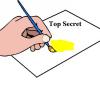
Mystery Writing: Write and develop a secret message
Source Institutions
Learners write an invisible message using lemon juice on a piece of paper. They then develop the message by soaking the paper in a dilute iodine solution.

Secret Goldenrod Messages
Source Institutions
In this activity, learners write invisible messages on goldenrod paper, and make the message appear and disappear using acids and bases.
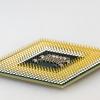
Crime Scene: The Case of the Missing Computer Chip
Source Institutions
Learners use scientific processes to solve a crime. As they get clues, learners must create a hypothesis then adjust that hypothesis as more information is revealed.
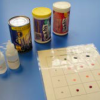
Fruit Juice Mystery
Source Institutions
In this chemistry challenge, learners work to figure out which of four juices are real, and which is just food coloring and sugar.
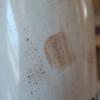
Dusting For Fingerprints
Source Institutions
In this activity, learners become detectives and use chemistry to investigate fingerprints.
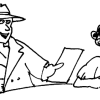
Medical Mystery
Source Institutions
This activity (on pages 15-23) combines interactive role-playing and graphing to introduce learners to the health affects of pollen.
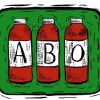
What's Your Blood Type?
Source Institutions
In this activity, learners perform a simulated blood test procedure.
Send Secret Messages
Source Institutions
In this activity, learners write a secret message in "invisible ink" and then use chemistry to view the writing.
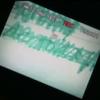
Writing for Night Vision
Source Institutions
In this activity (page 1 of the PDF under SciGirls Activity: Forensics), learners will use a home video camera with a “night vision” mode to test how various inks appear outside the spectrum of visibl

Dye Detective
Source Institutions
Learners analyze mixtures of dyes using filter paper chromatography. They place spots of the different dyes at the bottom of a piece of filter paper, and hang the paper to touch the surface of water.
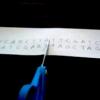
DNA Fingerprinting
Source Institutions
In this forensics activity, learners solve a mystery using “DNA” taken from the scene of the crime.

Curious Contraptions
Source Institutions
In this engineering design activity, learners will design, test, and build a “haunting machine” to solve a Sherlockian mystery.
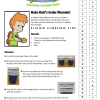
Make Matt's Coder/Decoder
Source Institutions
In this Cyberchase activity, learners make decoders to send and receive secret messages. Learners make the device out of two 8-ounce cups and two code strips.
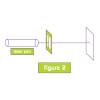
Forensic Science: Hair Sample Investigation
Source Institutions
This activity (on page 2 of the PDF under SciGirls Activity: Forensics) is a full inquiry investigation into how hairs from a crime scene are matched to suspects.
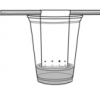
Busted by Biology
Source Institutions
In this two-part activity, learners will extract their own DNA from their cheek cells and learn how DNA is analyzed and used to solve crimes.
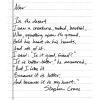
Handwriting Analysis
Source Institutions
In this forensics activity, students will explore the methods that investigators use to confirm the authenticity of handwriting.
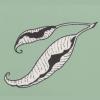
Mystery Marauders
Source Institutions
In this outdoor, mystery-solving activity, learners work like detectives, gathering evidence to identify the culprits that are attacking plants.

Eyewitness Game
Source Institutions
In this demonstration (9th on the page), learners explore eyewitness memory and how memories differ amongst individuals. While the rest of the group is minding their own business (i.e.

Operation Espionage
Source Institutions
In this activity, learners create and reveal secret messages written with invisible ink! The invisible ink is actually a baking soda solution, and the magical revealing liquid is fruit juice.
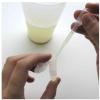
Exploring Structures: DNA
Source Institutions
In this activity, learners create a necklace of wheat germ DNA. Learners add alcohol to wheat germ so that the DNA clumps together.
